Hanoi Moi Newspaper reporter had an interview with Associate Professor, Dr. Bui Hoai Son, Standing Member of the National Assembly's Committee on Culture and Society , to clarify the viewpoints, requirements and vision on the role of "happiness" in the capital's development strategy.

Happiness must become the measure of all policies.
- Sir, in the current context, how should people's happiness be understood so that it is not only symbolic but can also be quantified and incorporated into policy making in the most substantial way?
- Happiness is an extremely important concept, a big issue. Therefore, the inclusion of the concept of happiness in the Documents of the 18th Hanoi Party Congress, term 2025 - 2030 shows that the city's leaders have considered this an important factor for Hanoi to develop breakthroughs in the coming period. In the world, there is a set of happiness indexes divided into 10 important indexes. We also have International Day of Happiness and many countries have built their own happiness indexes.
I think happiness is closely related to culture. So Nepalese happiness is different from German happiness, German happiness is different from Japanese happiness... and certainly Vietnamese happiness is different from other countries.
It is not until now that we talk about happiness. Since ancient times, our ancestors have had their own concept of the value of happiness. At that time, happiness was determined based on five important factors: Wealth, Nobility, Longevity, Health, and Peace - that is, wealth, luxury, longevity, health, and peace. In theory, that is true, but in reality, the concept of happiness is different for each person. There are rich people who feel happy, but there are also poor people who still feel joy in life.
According to the world's happiness criteria, in 2025, Vietnam will rank 46th globally, up 8 places compared to 2024. Although there is no official happiness index, efforts to improve people's lives - from education , health care to social welfare - are gradually realizing the aspiration for a happy life for everyone.
- As you just mentioned, in the world, many countries are using the happiness index as an important criterion in national governance. In your opinion, how can Vietnam in general and Hanoi in particular incorporate this index into the process of policy development and evaluation?
- When building policies towards happiness, it is important to quantify happiness with a set of statistical indicators, because only when we have specific numbers can we measure and strive effectively. General concepts will be very difficult to implement. In fact, happiness can be completely measured, for example through the level of satisfaction of people with the living environment, with the State's policies, or putting people at the center of all decisions. The first step is to build a national happiness index, and for Hanoi, it is necessary to have a separate index for the capital, because the happiness of people in each region is different, influenced by culture and living conditions. Next, people must always be put at the center when making policies. Before issuing any policy, the question must be asked: "Are people really happy with this policy?".
On the other hand, it is necessary to clearly identify the factors that constitute happiness. For example, when the environment is seriously polluted, happiness can be a safe living environment; when traffic is often congested, happiness is a smooth traffic system. It is important to distinguish between immediate happiness - problems that need to be solved immediately, and long-term happiness - according to the general trends and laws of the world. When these factors are clearly identified, building policies towards happiness becomes feasible and practical in the future.

Need to put people in a proactive role
- To improve the quality of life sustainably, people are not only beneficiaries but also must participate in building policies related to quality of life, environment and culture. What do you think about this point of view, sir?
- Yes, every policy issued is aimed at the people, so they play an extremely important role. When formulating policies, the City needs to put the people in a proactive and central position. Before promulgating, policies need to be assessed for impact and widely consulted, especially from the people themselves.
If people are left out, policies will find it difficult to achieve sustainability and real benefits for the community. When people actively participate, the strength of the entire people is mobilized, helping the State's policies and guidelines become popular and sustainable.
- In your opinion, what needs to be done to ensure that policies truly come from the interests of the people and are suitable for their lives, narrowing the gap between "thinking for the people" and "acting for the people"?
- This is a concern that we have been pursuing for a long time. In fact, many measures have been proposed, but to shorten this gap sustainably, the most important thing is to fully assess the impact of policies on people's lives. Every time we build a policy or implement a project, from draft laws, construction to planning, we conduct socio-economic impact assessments. However, I think that is still not enough. In addition to surveying and listening to the opinions of people and stakeholders to know how they are positively or negatively affected, we need to go one more important step, which is to assess the cultural impact of the policy.
By considering cultural factors, community psychology, traditions, customs, etc., we can ensure that each project and each policy is not only economically and socially correct, but also in harmony with the spiritual life of the people. It is this harmony that creates consensus and thereby brings real happiness to the people.
- If you imagine a happy capital in the future, how do you think that picture will appear?
- Hanoi has a very special position, it is the heart of the whole country, the center that regulates the development of the country. The aspirations we entrust to Hanoi today are also the aspirations for the future of Vietnam. I dream of a wonderful Hanoi in the period 2030 - 2045, a Hanoi that is greener, more creative, more humane. Most importantly, it will be a Hanoi that retains its identity so that every time we come to or leave Hanoi, we will miss and feel attached to this land. The special values that make up the people of Hanoi, exemplary, elegant, and sophisticated will continue to be the most beautiful qualities that Vietnamese people strive for.
Thank you very much!
Source: https://hanoimoi.vn/dat-con-nguoi-vao-vi-tri-trung-tam-khi-hoach-dinh-chinh-sach-724556.html



![[Photo] President Luong Cuong attends the 50th Anniversary of Laos National Day](/_next/image?url=https%3A%2F%2Fvphoto.vietnam.vn%2Fthumb%2F1200x675%2Fvietnam%2Fresource%2FIMAGE%2F2025%2F11%2F27%2F1764225638930_ndo_br_1-jpg.webp&w=3840&q=75)
![[Photo] Prime Minister Pham Minh Chinh chairs the 15th meeting of the Central Emulation and Reward Council](/_next/image?url=https%3A%2F%2Fvphoto.vietnam.vn%2Fthumb%2F1200x675%2Fvietnam%2Fresource%2FIMAGE%2F2025%2F11%2F27%2F1764245150205_dsc-1922-jpg.webp&w=3840&q=75)



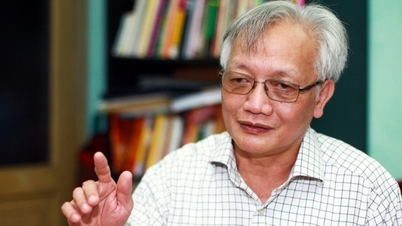

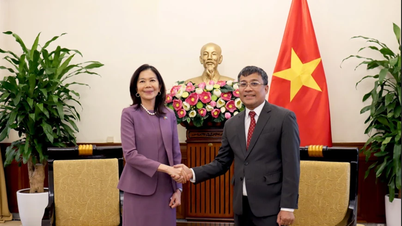

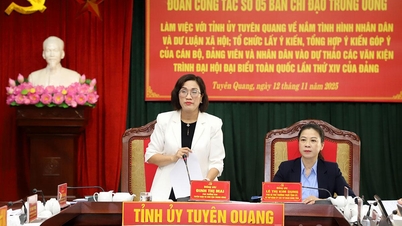






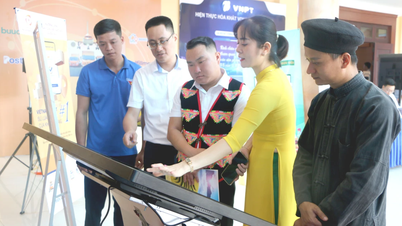

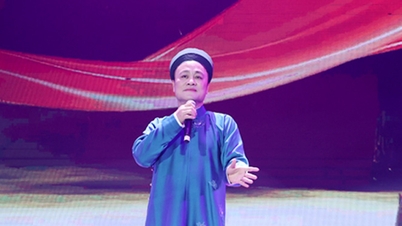












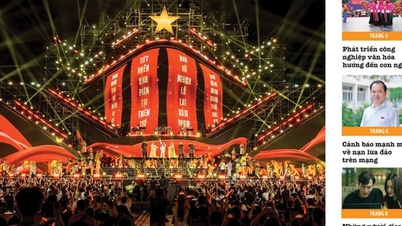
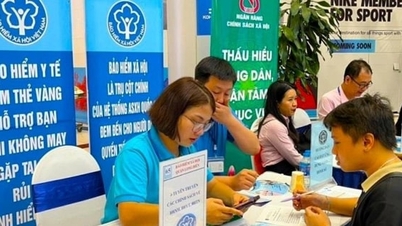
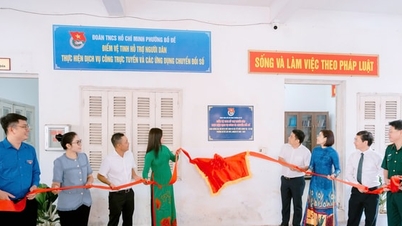
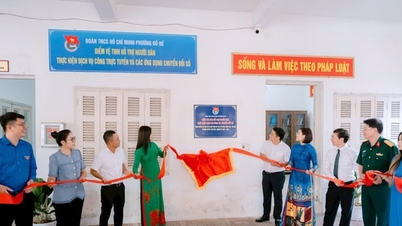
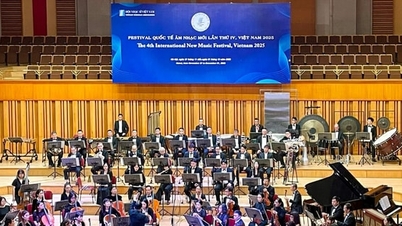






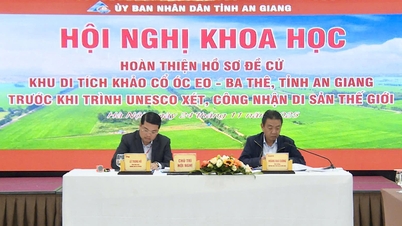



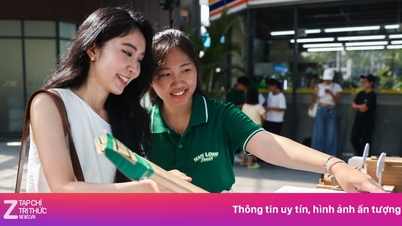

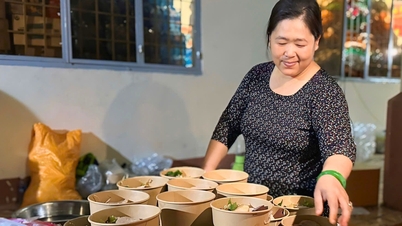

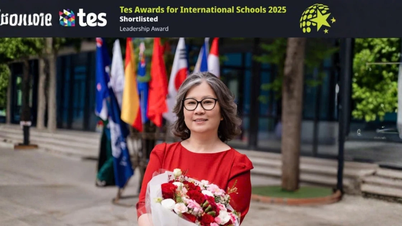



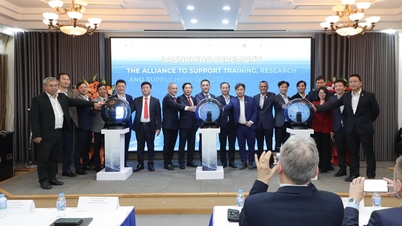



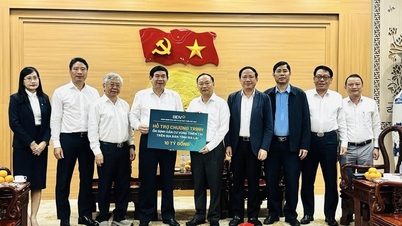

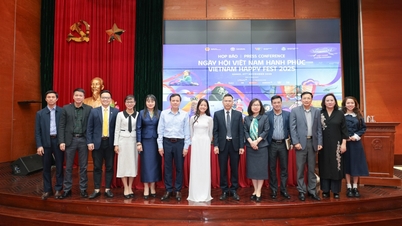














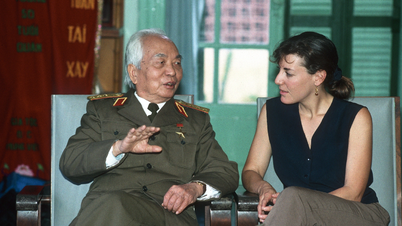

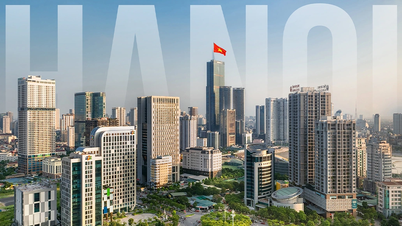
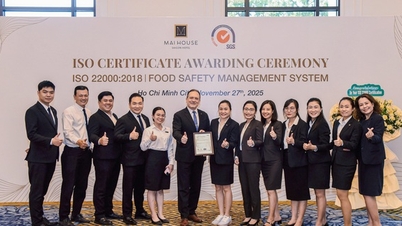

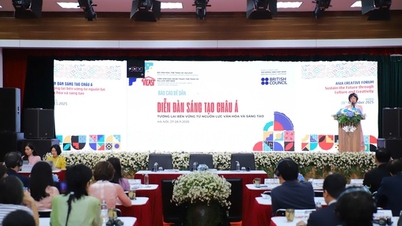
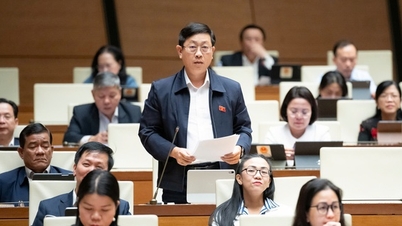
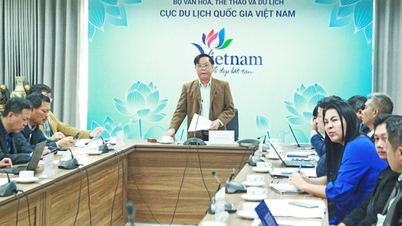
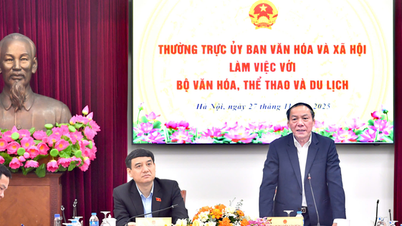

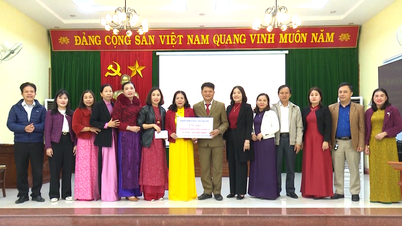

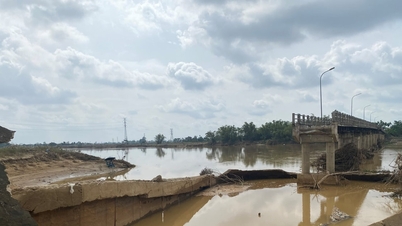

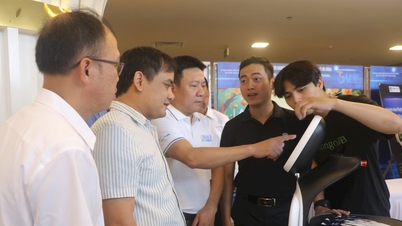














Comment (0)